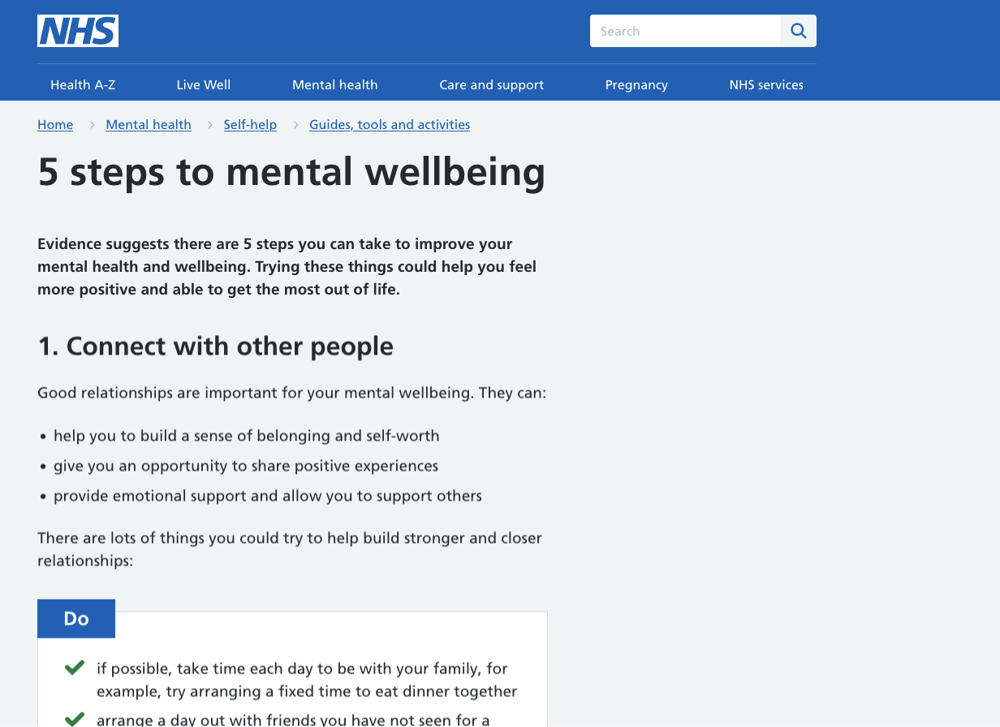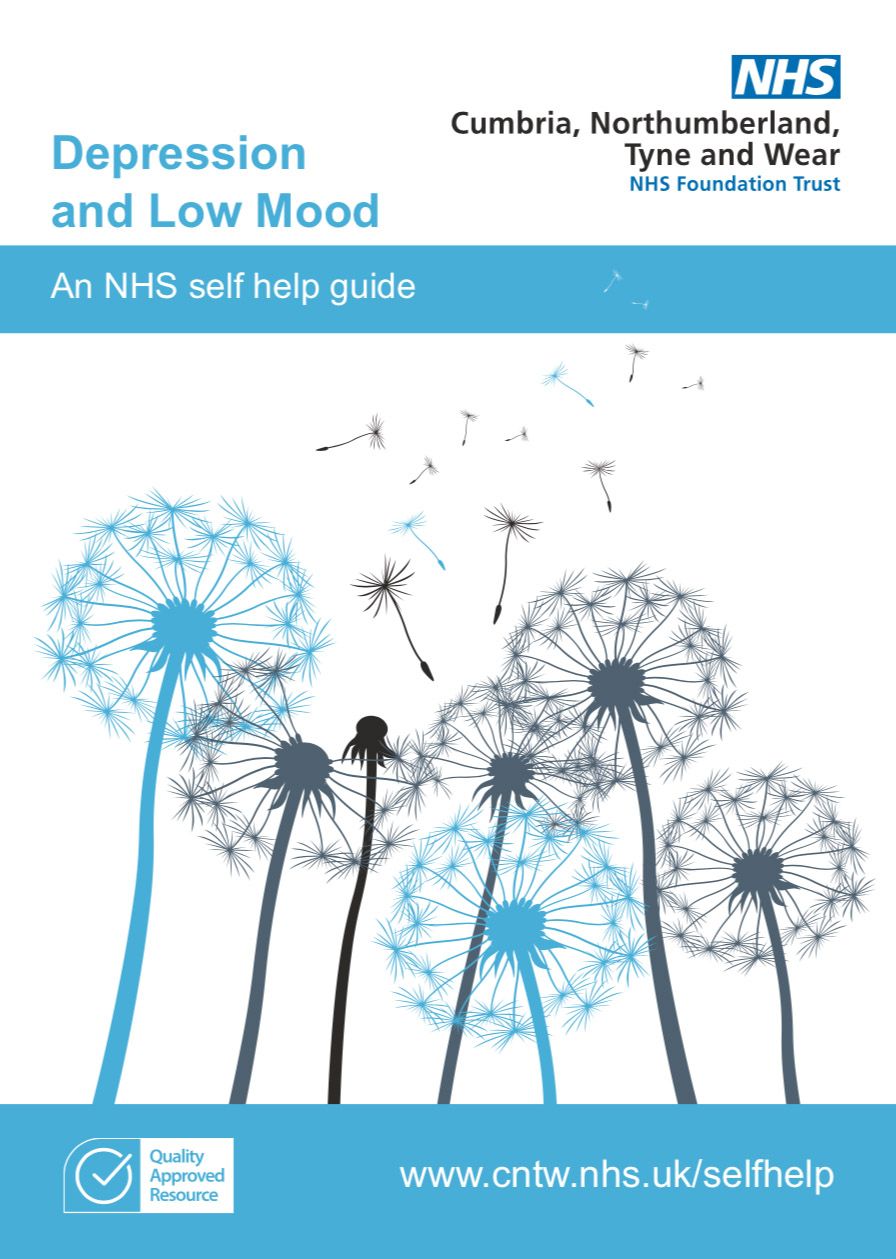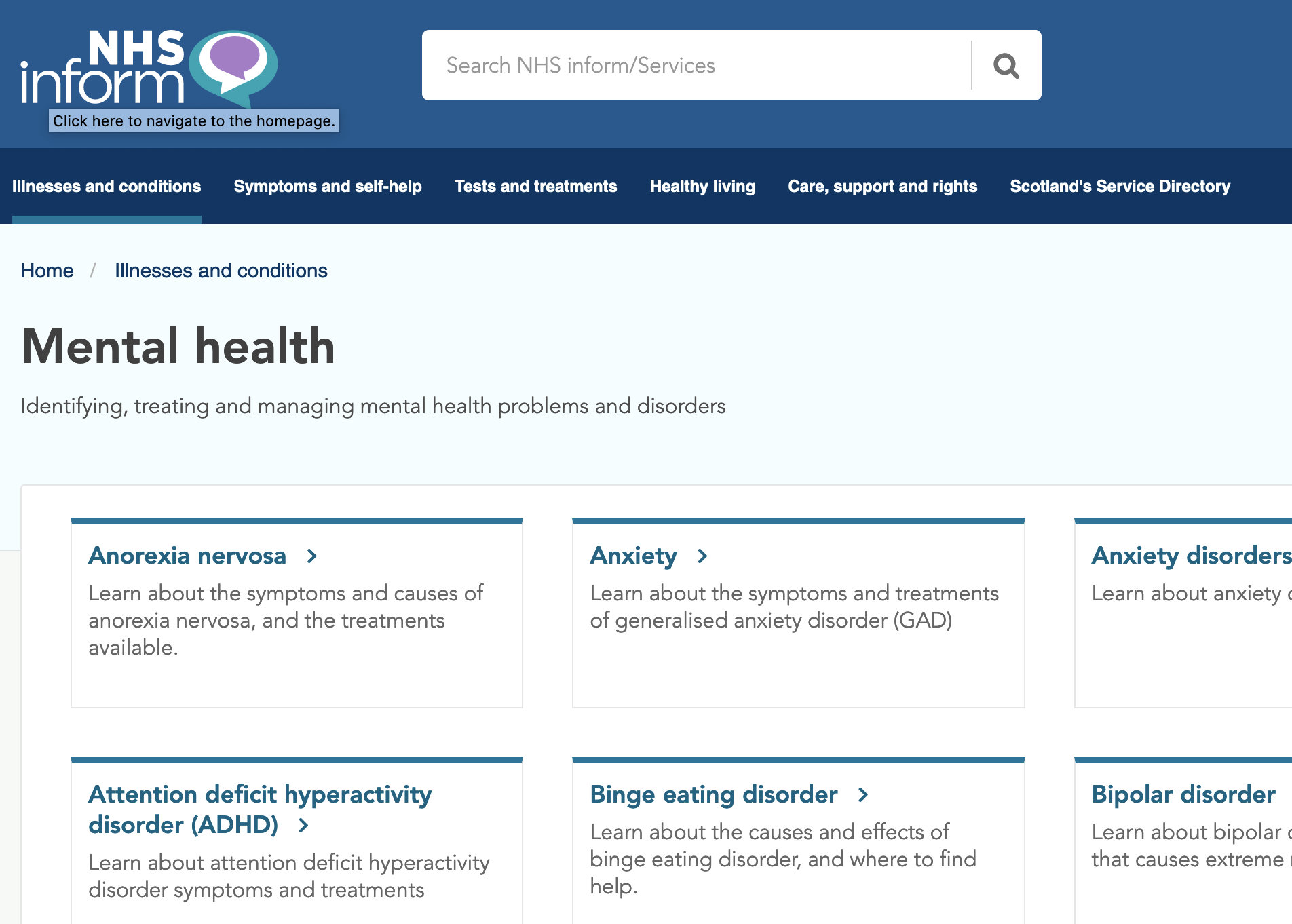Managing thoughts and mood
It is normal for human beings to experience ups and downs in their mood. Day-to-day life, the weather, what is going on in the world, whether we have slept well, diet, alcohol, relationships and our commitments as carers can all effect our emotions.
Managing our moods is something we have to do constantly. But sometimes they get in the way of our day-to-day life and can be quite overwhelming at times.
So what can we do to manage our moods? Let’s find out . . .

What do we mean by ‘managing moods’?
We all go through periods of ‘moodiness’ when we feel irritable, sad, frustrated or worried. Carers can feel:
-
Angry and frustrated
-
Fearful and worried
-
Low and unmotivated
If you have these feelings, then you probably find that they get in the way of your day-to-day life and can be quite overwhelming at times. It is common to think that there is nothing you can do as these feelings just ‘take over’ and can go on for a long time.
This is not your fault. It is more about how our human minds work when they are stressed, we feel unwell or deal with difficult life events. The mind is trying to make sense of everything that is happening and cope with it all.
The good news is that you can do things to manage your moods better.
Ways to manage moods better
You may have thoughts like:
“I’m useless now”
“I’ll never do that again”
“Things are not going to work out”
“I can’t cope with everything”
“No-one seems to understand me or want to help”.
It can be like a tape recording in your head, which no one else hears.
It’s easy to be self-critical and beat yourself up for not being perfect or not getting the job done. The more you do this, though, the more likely negative and unkind thoughts emerge. This pushes you into stress mode.
Realistic positive changes can come from learning to deal with unhelpful thoughts.
We’ve put together some top hints and tips to help you manage your thoughts and moods . . .
Discover nine ways to positively manage your moods
Being kind and compassionate to yourself is one of the best things that you can do to start with. This can be difficult though when you are used to being self-critical. You could try imagining that you are talking to a friend. If they said to you “I’m useless”, what might you reply? Perhaps you could even ask a friend to help you come up with some alternatives.

There is plenty of evidence showing that relaxation and mindfulness can help people to better manage their moods. For example, we know it can reduce stress and improve concentration.
Find out more about how to unwind your body and your mind in Footstep 7 – relaxation and mindfulness
Resources for managing moods

Self help resources in all formats
A wide range of CBT based resources in all formats: written, audio, MP3 and relaxation exercises:


Young Minds
Young Minds is the children and young people’s mental health charity. It offers information and advice to young people seeking support for their mental health. Their website has a wealth of information and resources for young people, their parents and professionals who work with young people.

NHS Inform – mental health
The mental health section of the NHS Inform website has information on the signs, symptoms, diagnosis and treatment of many common mental health conditions, as well as a range of self-help guides for people with mild-to-moderate mental health issues.

Managing thoughts and mood
Key ideas
✔ It is normal for human beings to notice ups and downs in their mood
✔ Carers can feel angry, frustrated, fearful, low and unmotivated
✔ There are lots of skills you can learn to manage your moods better
✔ Remember – we all need support and encouragement from other people, so try not to feel bad about asking friends and family to help you
Next footstep
